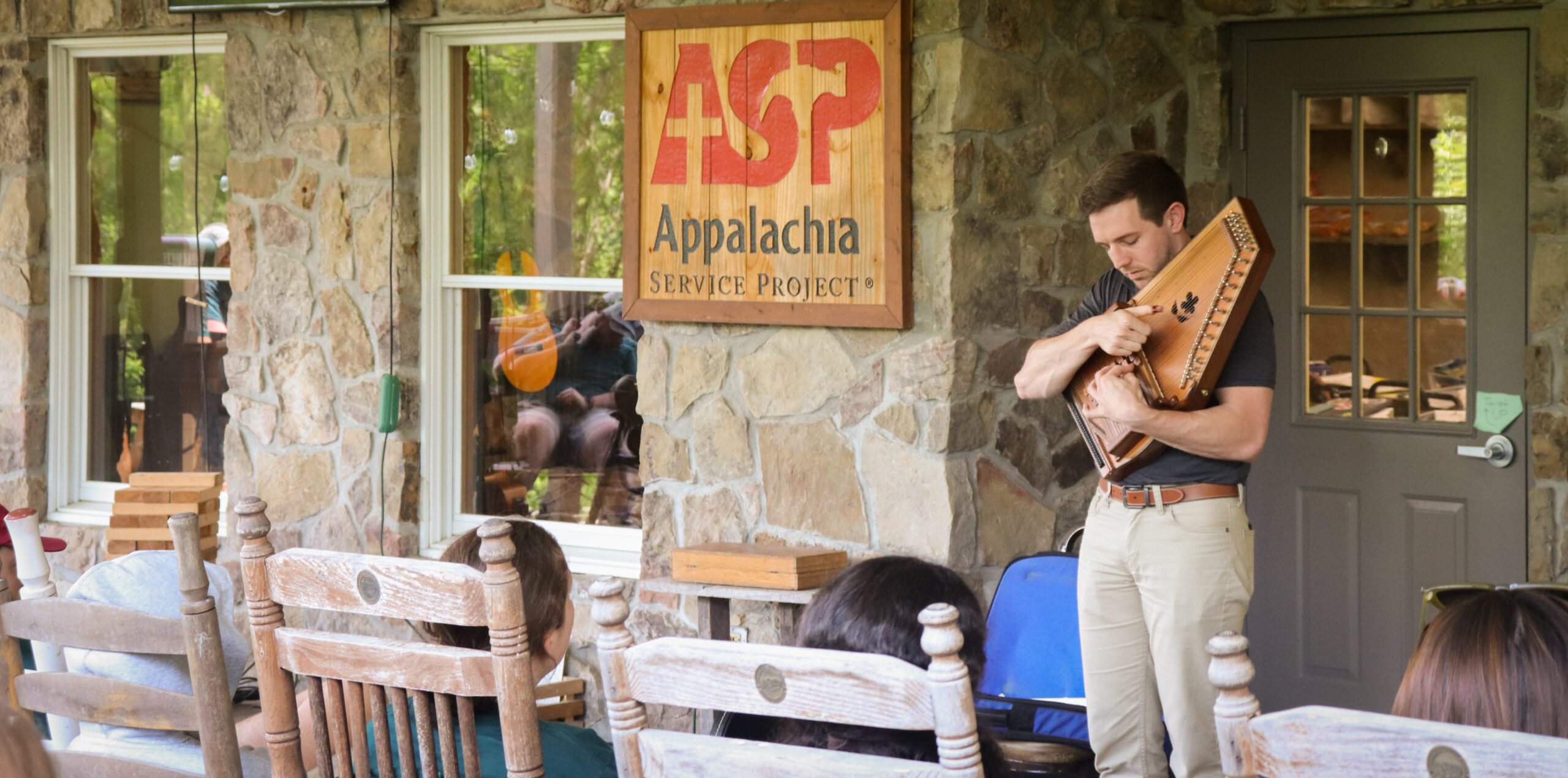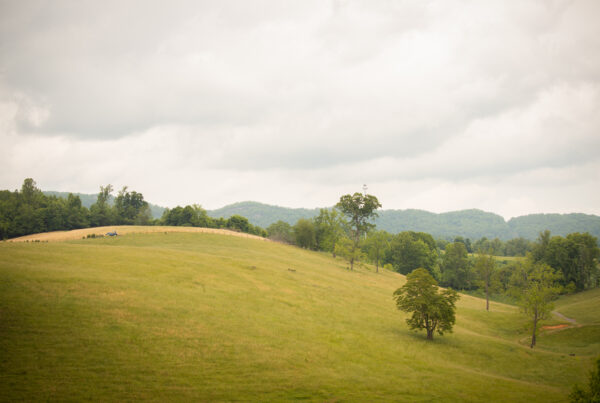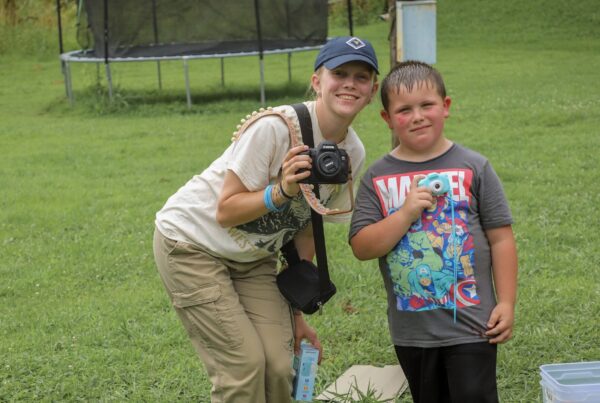Last week I talked about a porch as a place where we both meet people and talk deep into the night. This week I want to mention the other part of the blog series title. Almanacs have been informing and entertaining people since at least the 1500s. Entries are about gardening, sports, astronomy, folklore, fashion, food, home, technology, and living. In short, you can learn just about anything.
A porch isn’t much different. It’s full of people telling what they know. A person will rock along while telling you about the birds visiting the bird feeder or, with a scowl, the skunk visiting the porch. If you listen long enough, you’ll hear about grandparents and great grandparents, how the family came to live on that land, local politics, gossip, music, and any number of other things. The person speaking may have seen more sunsets from that chair than you’ve seen in your lifetime. You’ll hear stories that make you laugh, and others that make you cry. In short, you can hear just about anything.
This blog series will be an almanac in that it will be full of things about the Appalachian region, learned from people living here. And it’s “The Porch Rocker Almanac” because the things learned here are things you learn as you rock away on a front porch.
Singing the Blues
One thing you surely hear on a porch is music, one of my favorite things. I love how it’s with us for important events—like weddings, funerals, and worship—but also through the mundane. There’s something special about coming home after work to some music, either from the radio or from the fingers of family and friends. When I’m back home my brothers and I get together and play our favorite songs. From Bill Withers to Oasis to Pinegrove, we’ll play anything so long as we can play it together.
This week a musician named Tyler Hughes came to play old time tunes and teach us about the region. He grew up in Wise County, Virginia before leaving to study old time music at East Tennessee State University in Johnson City. Now he lives, teaches, plays music, and works for the local government in Wise County.
Tyler played a tune called “Coal Miner’s Blues.” It came from the town St. Charles, Virginia, which we happened to visit that day when staffers practiced doing Initial Home Visits. As I look back on the green-as-grass hills and the kindest of people we saw that day, the song’s words haunt that beauty as they tell of the blues brought by the coal mining industry.
In the early days of coal mining, miners’ homes and lives were dependent on the coal mines. Each miner and their family lived in a house provided by the company, as long as they were productive employees. The song ends,
“I’m out with these blues, dirty coal black blues
We’ll lay off tomorrow with the coal miner’s blues.”
In Tyler’s singing and talking, he was very honest about the difficulties this region faces. The decline of the coal industry has left people without a place to work. Many people have responded by leaving. Tyler considered doing the same.
He said, “For a long time I thought, ‘Wow, I can’t wait to get out, go somewhere bigger.” But as he moved into adulthood, he grew to love the place he came from. He told us, “I feel very strongly about staying here and doing work to help others want to stay here.” For him, the rich culture has the capacity to grow and continue offering its people fulfilling lives.
A Slice of History: The Many Voices of Old Time Music
The Carter family has been an important part of southwest Virginia’s rich culture. The family worked to collect and record songs from the region so others could hear them. Several songs Tyler Hughes played for the summer staffers were originally recorded by the Carter Family. Maybelle Carter, mother of June Carter Cash, led the Carter Sisters from the guitar. Tyler talked about how unusual it was for her to lead the band in a time when women weren’t supposed to lead. Not only did she lead, but she helped revolutionize how guitars were played.
Guitar players until then had only played a song’s melody. Maybelle, however, made famous a style that would be called the “Carter scratch.” The style allows the guitarist to play both the melody and the rhythm. All sorts of skilled guitar players after her would go on to play this way. For example, my brother plays electric guitar in that style for ’80s rock songs, keeping the rhythm while playing occasional licks along the way. I, on the other hand, keep the rhythm.
A lot of people learned Carter scratch through Maybelle, and Maybelle learned it from an African American musician named Lesley Riddle. He traveled around with the Carter family collecting songs. As they’d listen to people playing songs from communities in the region, Lesley memorized the melodies. When they’d return home, he would play both the melodies and the rhythms of the songs, a style that the Carters hadn’t heard before. Maybelle would listen, learn, and eventually play along. The rest is history.
These two musicians revolutionized music despite having different backgrounds. Music allowed the space for them to sing their own melodies. It makes space for all sorts of people to connect to each other.
After hearing Tyler talk about his passion for this region and its music, it fit right in for him to sing “Longing for Old Virginia,” which goes like this:
“I am longing for old Virginia, for old Virginia and you
And I’m hoping the soul within you is longing for me too
To Virginia, just like the ivy, my heart clings ever true.”
Despite the blues we sing, we can cling like ivy to what we love. As Tyler played these tunes, he told us about the place he loves and made space for us to learn more about Appalachia. Hearing these stories excited me even more for all the people I’ll be meeting this summer.
Whistling and Listening
Each morning and evening during Summer Staff Training, a staffer gives a devotion. A few days into training this summer, a Center Director spent the devotion time reading a story about music from the book Life is Like That, written by ASP’s founder Glenn “Tex” Evans. In this book, Tex tells stories about people he encountered while working in Appalachia, and the first one in the collection is called “Why Brother Gentry Whistles.”
Brother Gentry taught Sunday school class at the first church Tex worked for. He had apple trees, beehives, a rose garden, a vegetable garden, and a flower garden. Tex had noticed that he whistled while he worked. But when a fellow asked him why he thought Brother Gentry whistled, Tex realized he hadn’t ever thought about it. He visited Brother Gentry to find out. While helping Brother Gentry collect roses, Tex noticed Mrs. Gentry on the porch, who was in a wheelchair and blind. He realized what was going on with the whistling:
“Brother Gentry was whistling for Mrs. Gentry! He wanted her to know that he was there. He wanted her to know that she was not alone. He wanted her to know that he was mindful of her and that he would not leave her, that he was available, that he would come to her.”
What a sweet story of Appalachian love. Brother Gentry whistled to tell his wife that he was there for her. Music does that in a special way. With it we tell each other that we’re not alone.
After playing a lot of songs poorly, my brothers and I have stumbled into some knowledge of the songs. We know each other well enough that we can guess the others’ next note, and we make room for each other in how we play. I’ll quiet down while one of the others tries something, and then we’ll switch.
Music has taught me to make room for others, like how Maybelle learned from Mr. Riddle who had learned the melodies from people all over. To do the same, I need to learn about the people around me, the place we live in, and the things we do, which is one reason I’m excited to meet so many people and hear their stories this summer.
When we make room for others and their stories we tell each other, like Brother Gentry told Mrs. Gentry, that we’re not alone. Join me while I do my best to quiet down and listen to stories of people living in Appalachia, the people clinging like ivy.
Isaac Wood
Story Gathering Intern




